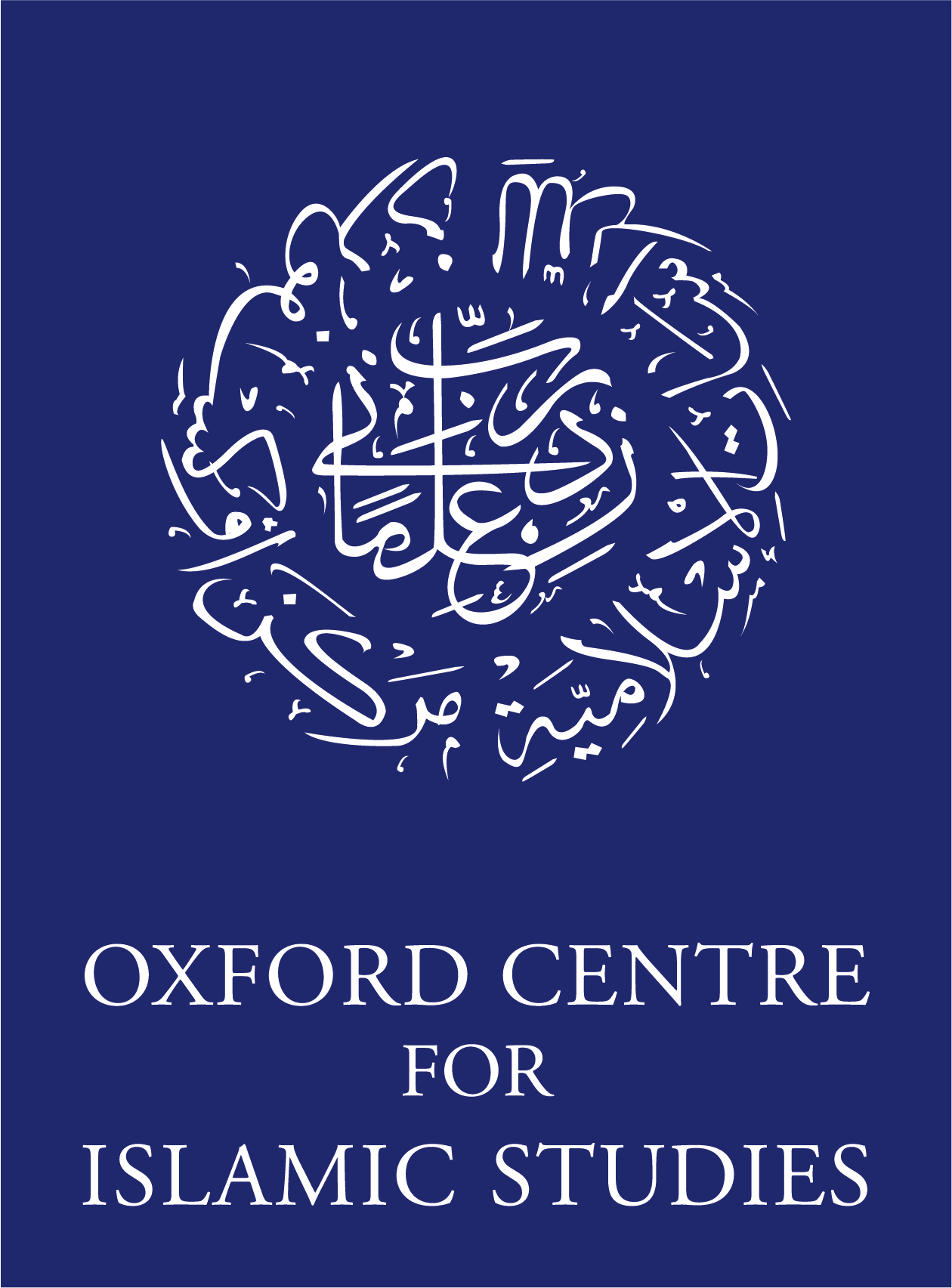What a ‘Textual Forensics’ Might Tell us about How Arabic Writers Conserved the Past (ca. 900-1200)
The historic Arabic tradition is one of the world’s largest, in part because of the way that authors collected and recycled earlier texts in accumulative compositions. As a result of this, many works now reckoned as lost are in fact preserved, in whole or in part, within larger texts, and thus for medieval audiences, were arguably not in fact ‘lost’. In this paper, I first introduce the KITAB project’s ~1.5 billion word corpus (kitab-project.org), its text “reuse” detection methods, and its latest data set documenting the intertextual relationships across all texts and the repeated transmission of many substantial chunks of texts. Professor Savant argues that her methods – which might usefully be called a “textual forensics” – can show us a great deal about how Arabic writers conserved the past and also illustrates this through case studies showing Arabic writers at work, common expectations around the recycling of texts, and the underlying cultural patterns that gave rise to this recycling of material.
Sarah Bowen Savant is a professor of history at the Agha Khan University and a cultural historian focusing on Iraq and Iran, pre-1400. Her 2013 book, The New Muslims of Post-Conquest Iran: Tradition, Memory, and Conversion (Cambridge University Press) won the Saidi-Sirjani Book Award from the International Society for Iranian Studies on behalf of the Persian Heritage Foundation. Her current project focuses on the history of books in the Middle East, for which she is developing digital methods to document and study the origins and development of the Arabic and Persian textual traditions.
(Seminars start at 5.00 p.m.)
